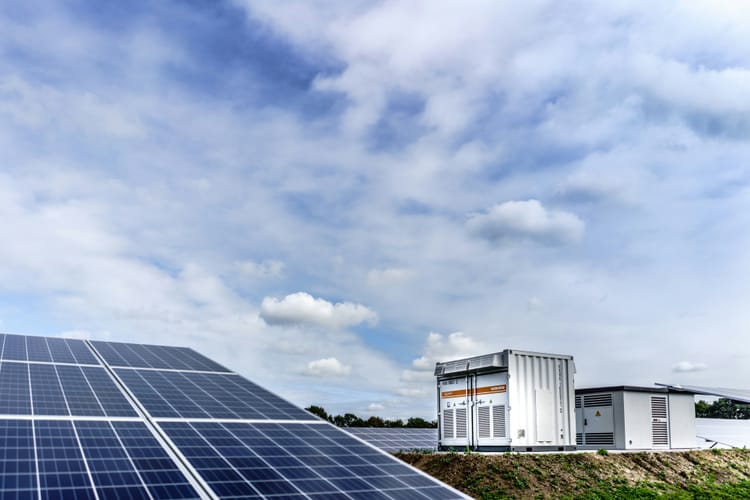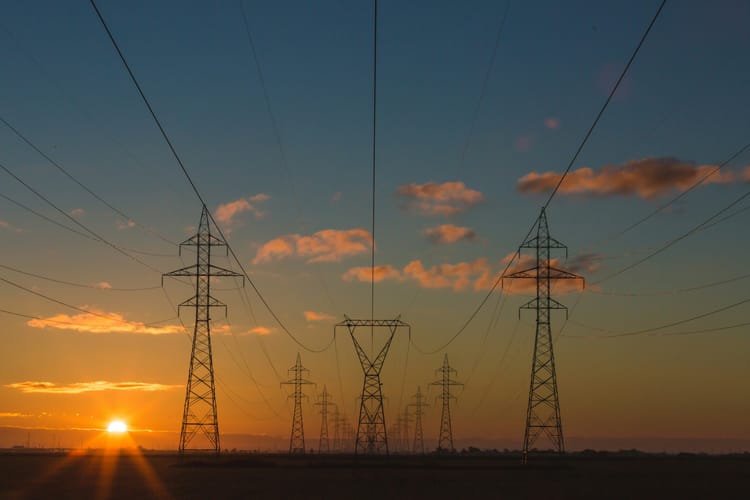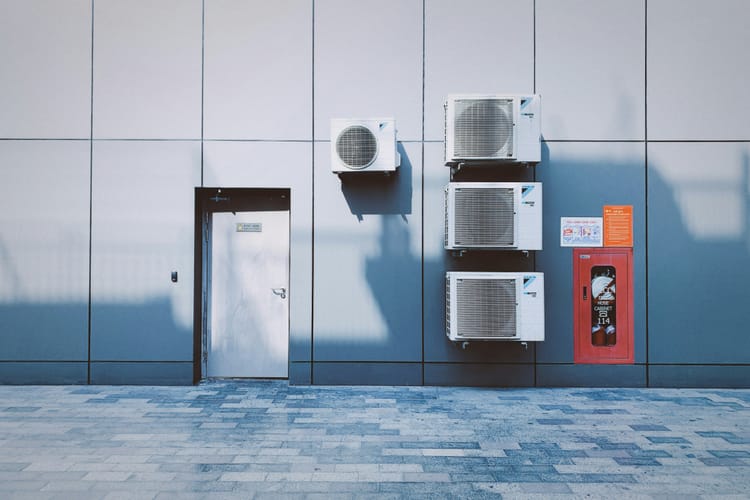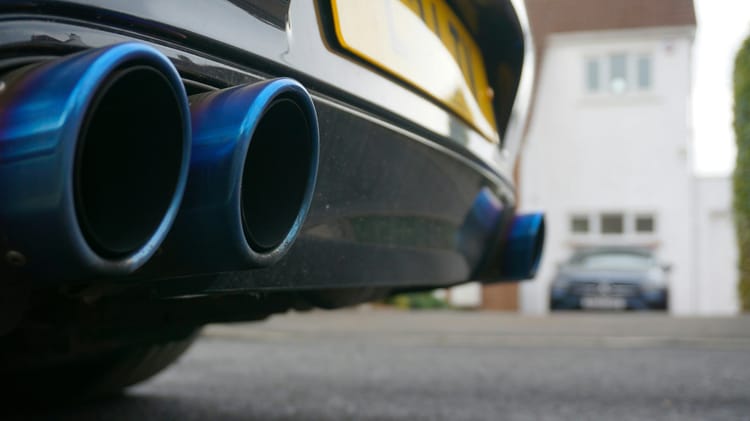Aluminium group Gränges loses sustainability head
Gränges has made no mention of a replacement so far.
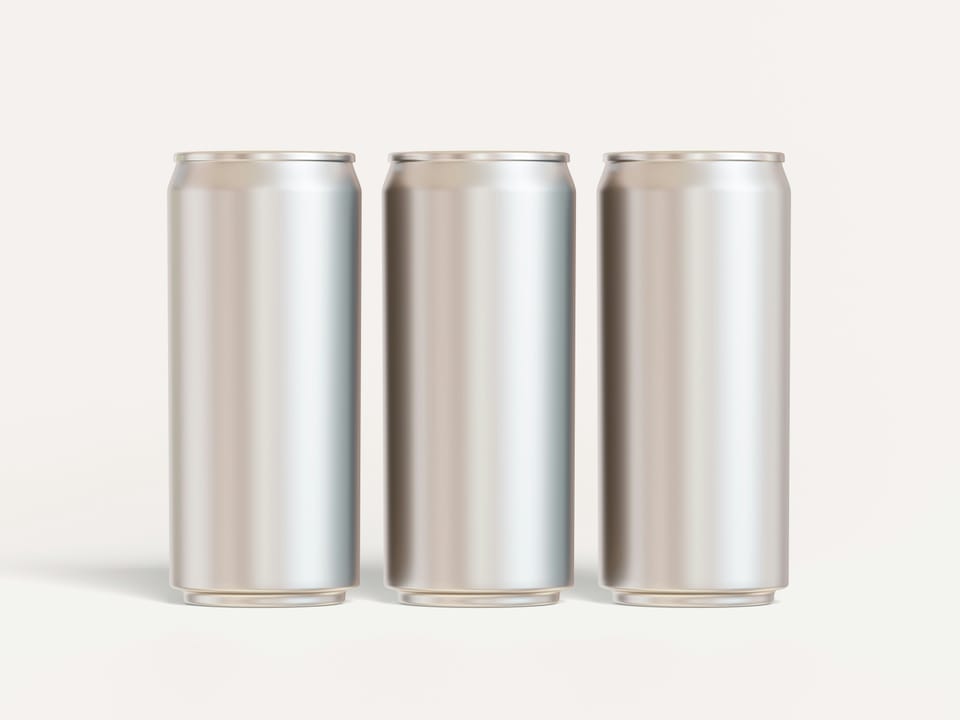
Sofia Hedevåg, SVP of Sustainability since 2020, has left Gränges to “pursue new opportunities”.
Hedevåg became a member of the group management committee at the aluminium rolling and recycling company in 2021 after nearly three years as VP of Sustainability. Gränges did not immediately respond to CSO Futures’ email asking whether a new head of sustainability would be appointed, and made no mention of a replacement in its announcement of Hedevåg’s departure.



